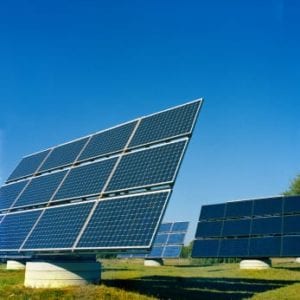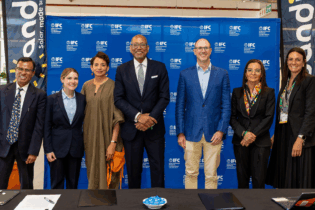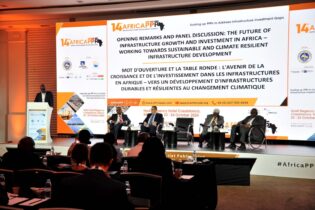
Government policies that promote renewable energy are severely lacking in Sub-Saharan Africa according to a new World Bank report.
Compared to first world countries such as Germany and Canada, renewable energy has seen significant advancements, with waste-to-energy facilities also increasing in number and contributing to energy needs.
According to the Regulatory Indicators for Sustainable Energy report, Sub-Saharan Africa is lagging behind many other countries that have made significant advancements in making energy broadly available, developing renewable power sources and increasing energy efficiency.
The report looked at 111 countries in 2015 and found that nearly 80% had begun to adopt policies to expand electrical grids, connecting them to solar and wind generation. These countries were able to support power utilities while keeping energy prices affordable.
More than a third of these countries, which house 96% of the global population, were at an advanced stage of renewable energy adoption. The report also noted that progress was not limited to rich countries.
African countries on the back foot
According to the report, Africa has a huge energy deficit, home to about 600 million people without electricity, and has one of the least developed policy environments to support energy access.
Of particular concern are Ethiopia, Nigeria, and Sudan—three of the most populous energy deficit countries, with a total unserved population of 116 million people. And as many as 70% of Africa’s least electrified nations—each with access rates below 20% of the population—have barely begun to establish an enabling environment for energy access.
Even so, some good performers have strong policy frameworks in place, such as Kenya, Uganda, and Tanzania.These three countries outperformed other countries on the continent when it came to energy access, with South Africa performing well on renewable energy and energy efficiency.
2030 sustainable development goals
In 2015, UN member states adopted a set of sustainable development goals to reach by 2030. This included a guarantee of cheap, reliable, sustainable and modern energy for all people.
This report will be updated every two years. It noted that local municipalities should use its findings and compare their policies to regional and global peers in an effort to meet these sustainable development goals.
Riccardo Puliti, head of the World Bank’s energy and extractives global practice, said the bank currently has a $1.6 billion portfolio to support energy access. This funding has mainly been focused on Asia and Latin America, however Puliti added that the bank was “moving very strongly in Africa as well”.
For the current fiscal year the bank had invested $260 million in new projects for off-grid power generation, in countries including Kenya, Rwanda, Niger and Zambia, he said.








